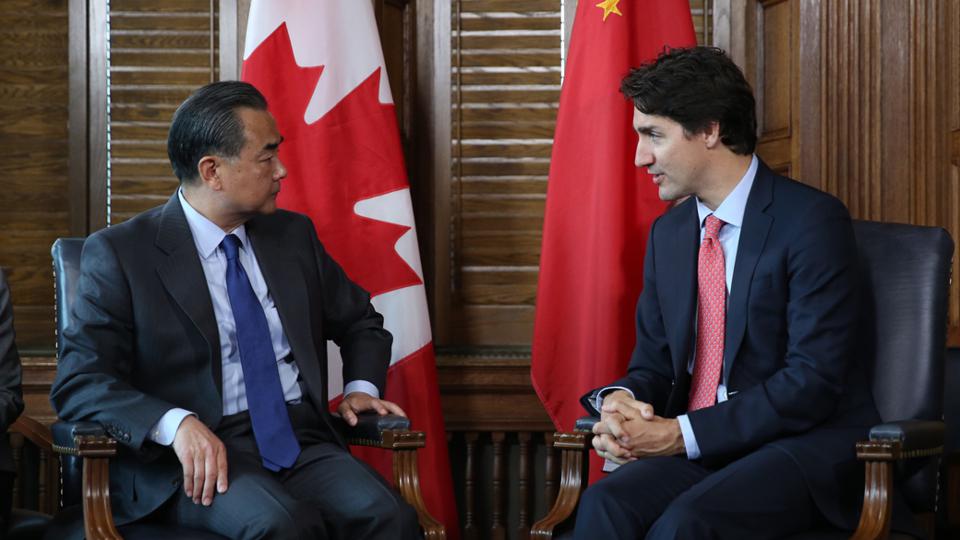The Trudeau government’s approval of a Chinese company’s purchase of a Montreal firm producing technology with weapons capacity will spark U.S. concern, according to a Washington-based expert.
This week the Liberal government reversed a 2015 Conservative decision to block the sale of Montreal’s ITF Technologies to the China’s O-Net Communications due to national security concerns.
The Harper government feared the purchase would harm Canada and its allies by letting the Chinese government and military gain access to the Canadian company’s laser technology, according to The Globe and Mail. O-Net is 25 per cent owned by the Chinese government.
The Conservatives initially approved the sale, but reversed the decision after a security assessment by the Department of National Defence and the Canadian Security and Intelligence Service.
James Lewis of the Washington-based Center for Strategic and International Studies said Europe and the U.S. have become more cautious on deals with Chinese firms in recent years. Europe now has principles it wants met before approving such deals.
“Allowing this transaction to go forward is a mistake and goes against the trend we see in Europe and the U.S. to apply greater scrutiny to deals with China,” he said.
China modernizes by acquiring Western technology, sometimes through intellectual property theft or forcing companies doing business in China to go into joint ventures with local companies, Lewis said.
Europe and the U.S. have grown increasingly concerned about the implications, Lewis said, and now require oversight of deals or restrictions on what technology can be managed by the new Chinese owners.
In this case, he said, the concern is that ITF’s laser systems could end up in the hands of the Chinese military and, in extreme circumstances, even be used against Canada’s allies in Asia like Taiwan and Japan.
Lewis questioned the measures Canada has put in place to guard against the possibility. The government’s own intelligence report said the risk could not be adequately managed, he said.
“You line up all these things, and maybe it’s not conclusive, but it sure would make you want to put on the brakes,” he said.
Fresh off a trip to Washington, NDP innovation critic Brian Masse said the timing of the Liberals’ reversal on the sale “isn’t very helpful” as the relationship between China and the U.S. is tense. The U.S. government is bound to be concerned about China’s potential access to military technology, he said.
“It’s absolute arrogance on their part or it’s a willful snub to the United States,” he said. “That will be acknowledged. The United States is not unknowing of a large corporate sale in the defence industry in North America that has technology that is rather unique.”
He expects the sale to be raised during coming NAFTA negotiations.
Masse said the lack of transparency on the deal is troubling.
The Liberals have made the conditions of the sale secret, so there’s no way to know what precautions have been put in place.
As a result the public lacks the information needed to know if Canada’s interests are being protected, Masse said. “This is part of the public accountability we’ve been raising for years about this.” ![]()
Read more: Politics















Tyee Commenting Guidelines
Comments that violate guidelines risk being deleted, and violations may result in a temporary or permanent user ban. Maintain the spirit of good conversation to stay in the discussion.
*Please note The Tyee is not a forum for spreading misinformation about COVID-19, denying its existence or minimizing its risk to public health.
Do:
Do not: